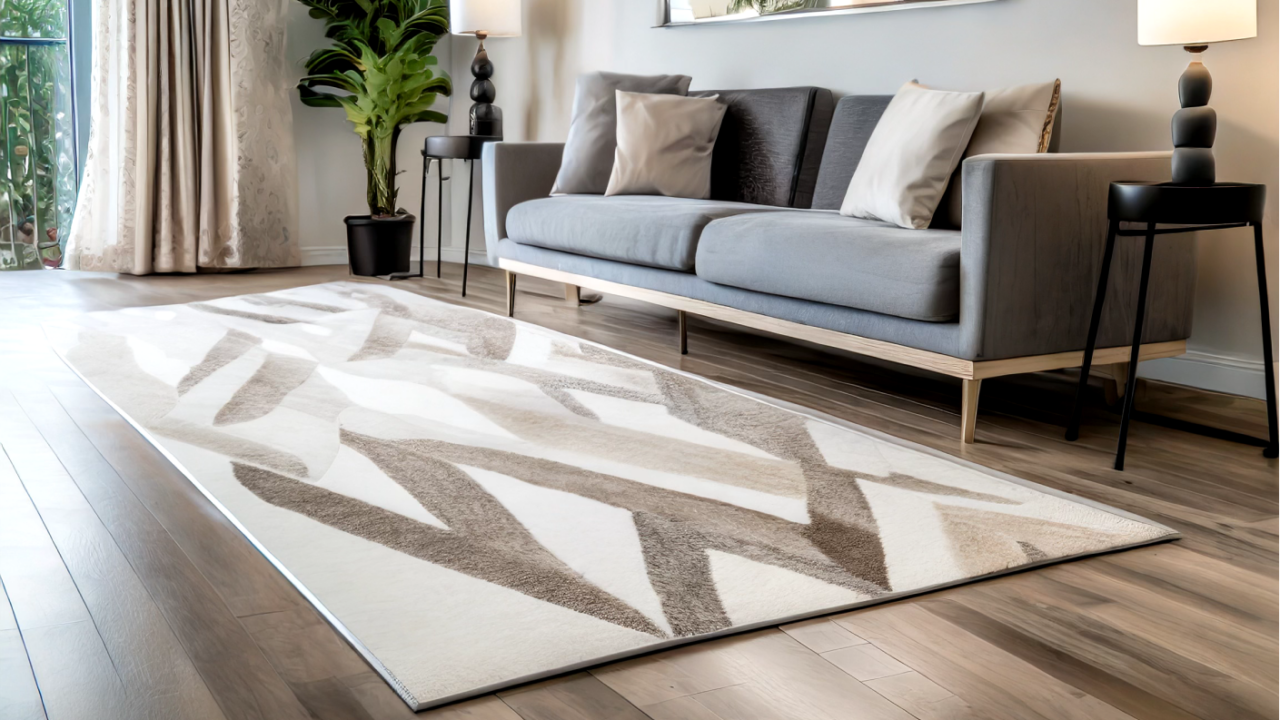In the ever-evolving world of home design, luxury vinyl flooring (LVF) has emerged as a popular choice for homeowners seeking a blend of style, durability, and affordability. This versatile flooring option has made significant strides in recent years, boasting advancements in technology and design that make it a compelling alternative to traditional materials like hardwood, stone, and tile. However, as with any home improvement choice, it’s essential to weigh the pros and cons to determine if luxury vinyl flooring aligns with your home’s needs and your personal preferences. Let’s dive into the advantages and drawbacks of incorporating LVF into your living space.
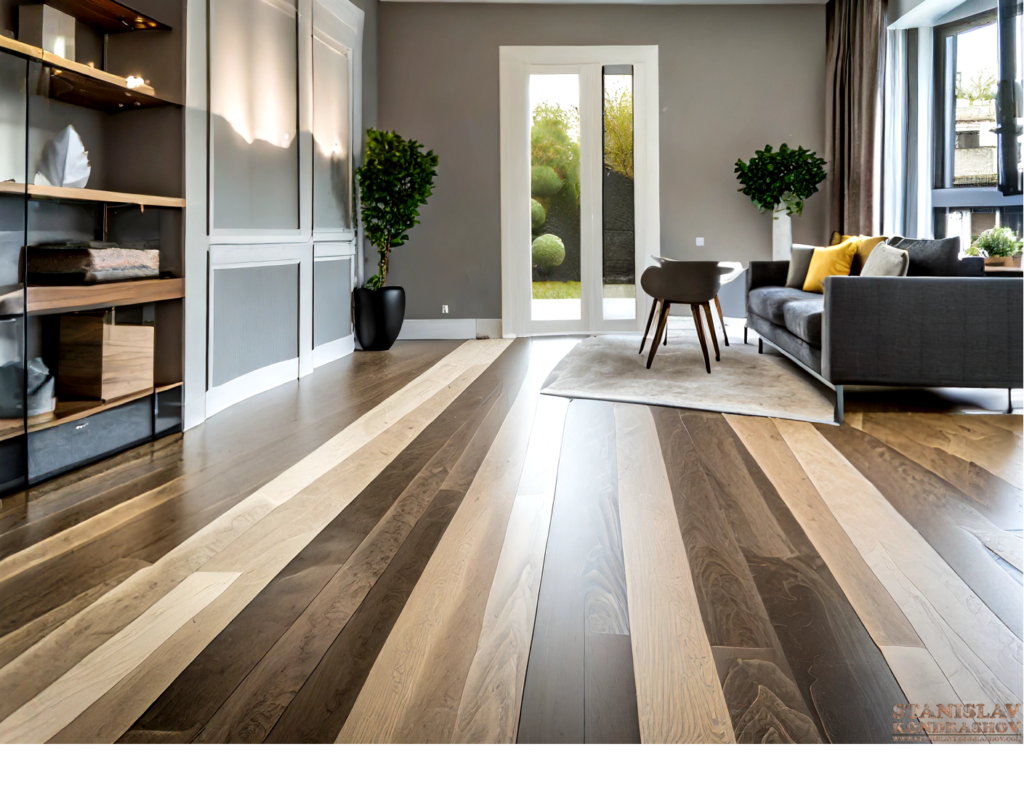
Pros of Luxury Vinyl Flooring
1. Aesthetic Versatility
One of the most significant advantages of luxury vinyl flooring is its wide array of designs and patterns. Modern printing technology allows LVF to mimic the look and texture of natural materials like wood and stone so closely that it can be challenging to distinguish from the real thing. Whether your home decor style is rustic, contemporary, or somewhere in between, there’s likely a luxury vinyl product that matches your vision.
2. Durability and Resistance
LVF is known for its resilience against everyday wear and tear. It’s waterproof, making it an excellent choice for areas prone to moisture such as kitchens, bathrooms, and basements. Additionally, it’s resistant to scratches, dents, and stains, which makes it ideal for homes with pets or children.
3. Ease of Installation
Another appealing feature of luxury vinyl flooring is its ease of installation. Many products come with a click-and-lock system that allows for a floating floor installation, meaning it can be laid over existing flooring without the need for glue or nails. This DIY-friendly aspect can save homeowners time and money on installation costs.
4. Comfort and Sound Insulation
LVF tends to be softer and warmer underfoot compared to hard surface options like tile or stone. It also provides better sound insulation, contributing to a quieter and more comfortable living environment.
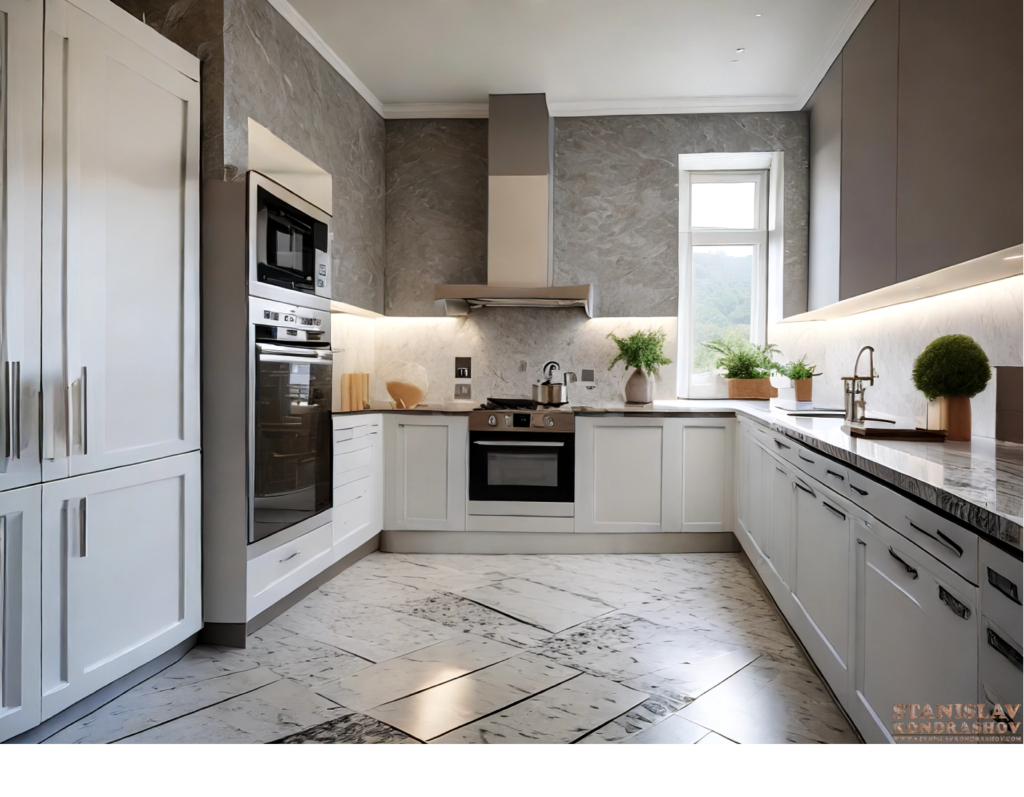
Cons of Luxury Vinyl Flooring
1. Environmental Impact
One of the main drawbacks of luxury vinyl flooring is its environmental footprint. Vinyl is a synthetic material derived from petroleum, and its production and disposal raise concerns regarding sustainability and environmental health. Additionally, LVF is not biodegradable and can be challenging to recycle.
2. Potential for Fading and Damage
While LVF is durable, it’s not indestructible. Exposure to direct sunlight over time can cause the colors to fade. Moreover, although resistant to scratches and dents, sharp objects and extreme weight can damage the flooring.
3. Health Considerations
Some luxury vinyl flooring products have been scrutinized for off-gassing volatile organic compounds (VOCs), which can contribute to indoor air pollution and health issues. However, many manufacturers now offer low-VOC options to address these concerns.
4. Impact on Home Value
Though high-quality luxury vinyl flooring can enhance the aesthetic appeal of a home, it may not add as much value as natural flooring materials like hardwood or stone. This aspect is worth considering for homeowners who view their flooring choice as an investment in their property’s value.
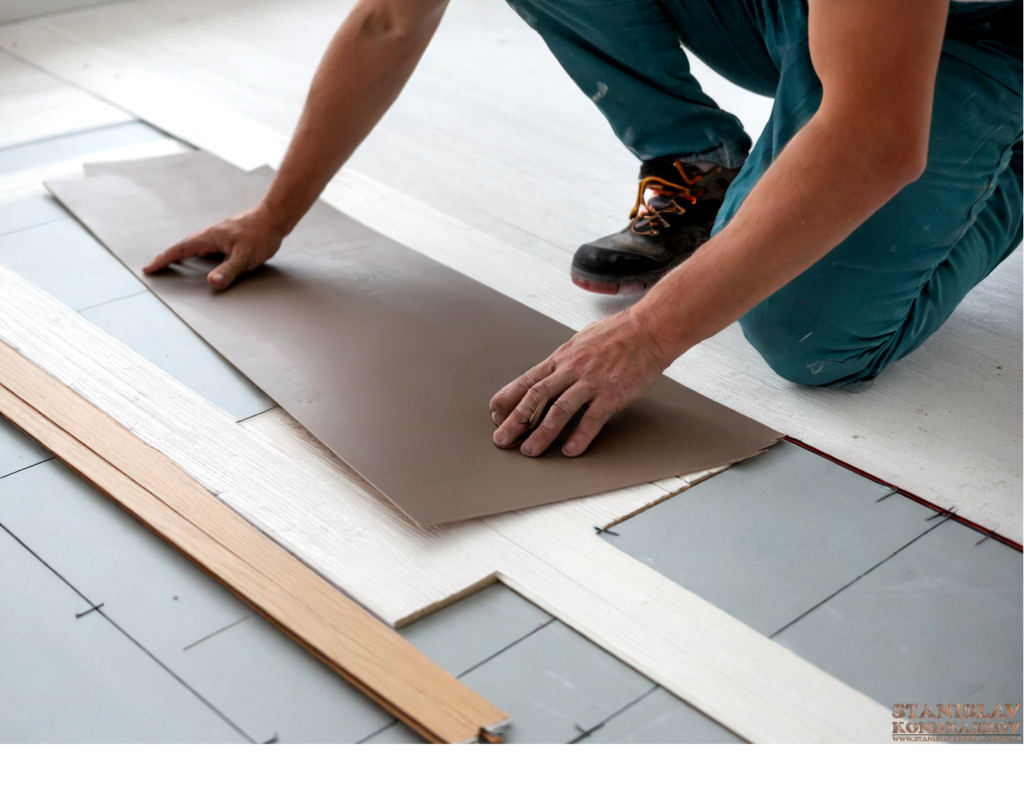
Making the Decision
Luxury vinyl flooring offers a compelling mix of style, durability, and ease of maintenance, making it an attractive option for many homeowners. However, it’s crucial to consider the environmental impact, potential health implications, and its effect on your home’s resale value. As with any significant home improvement decision, weigh the pros and cons in the context of your lifestyle, budget, and long-term plans for your home. By doing so, you can choose a flooring option that not only looks great but also aligns with your values and needs.
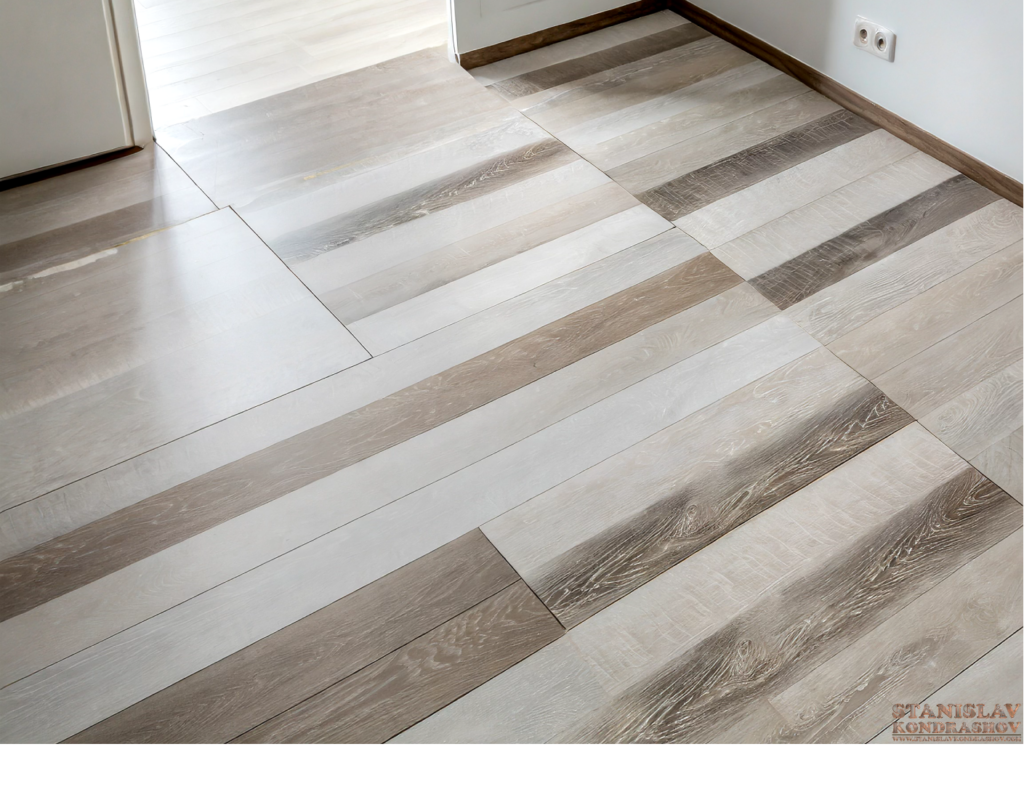
By Stanislav Kondrashov
